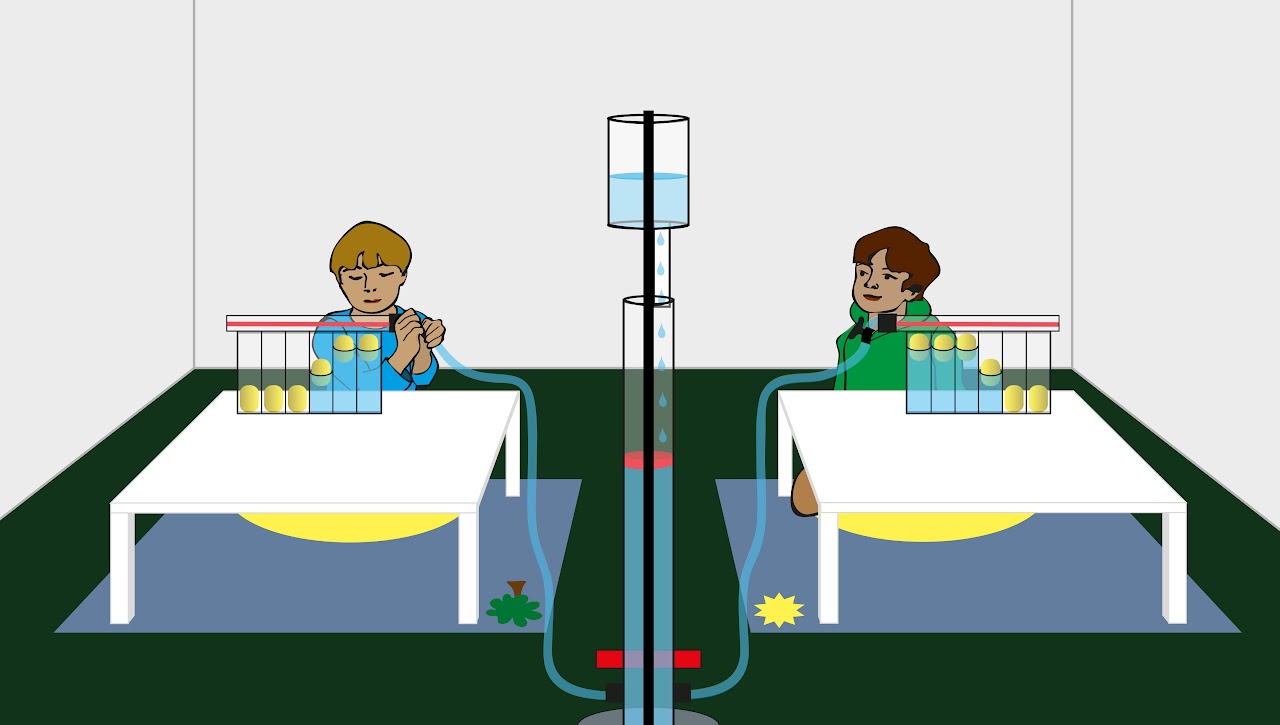
Chimps or children – who is better at sharing resources?
A comparative behavioral research experiment exploring the abilities of chimpanzees and of children to cooperate around a shared resource.
In a classroom simulation game with changing conditions students develop strategies for the use of a common resource so that the profit for the entire group is maximized. Different versions of this game can be played to help students experience and reflect on their behaviors, strategies and outcomes under different conditions.
You can use this game to implicitly or explicitly introduce Elinor Ostrom’s Design principles for cooperation (see teaching material here), as the students identify the different game conditions that allowed them to cooperate and develop strategies.
You can also use this game to implicitly or explicitly introduce the concepts of proximate and ultimate causes of human behaviors. Here, the proximate causes are the game rules and conditions that change between game phases. Depending on the conditions, players are more likely to show rather competitive or rather cooperative behaviors. The ultimate causes of players’ behavior are found in human evolutionary history, where survival over many millennia depended on group life (up to 150 people) and on cooperating in order to use and share the resources around us efficiently and sustainably. Students are able to communicate and cooperate relatively easily when the right conditions are met.
Author: Susan Hanisch

A comparative behavioral research experiment exploring the abilities of chimpanzees and of children to cooperate around a shared resource.

A group game that lets students experience the dilemma between self-interest and collective interest when groups have to work together to achieve shared goals.
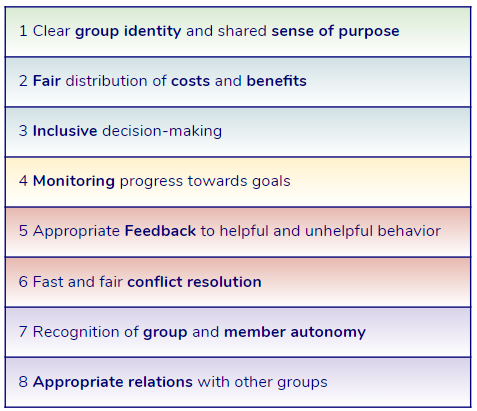
Students explore the principles that allow groups to work together and achieve common goals, applying them to the groups that they are a part of or care about.
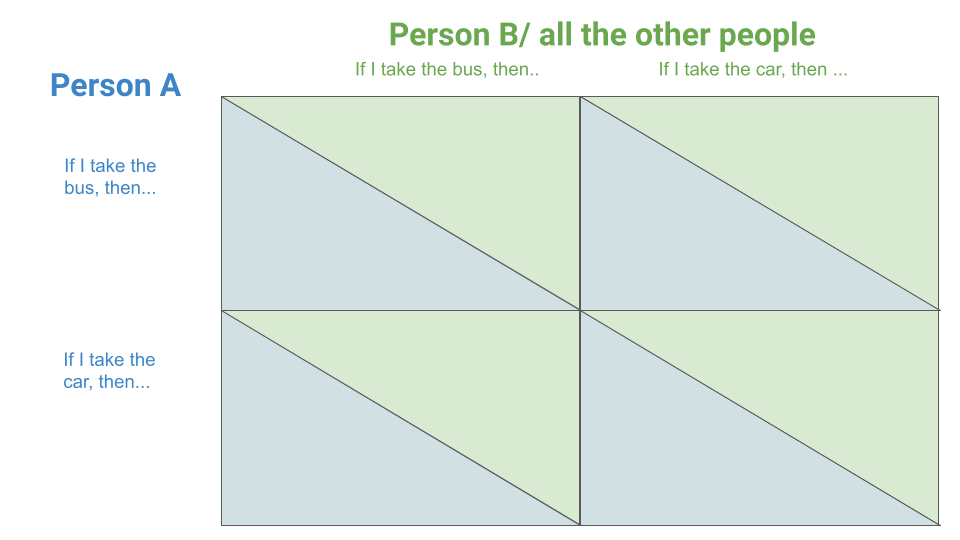
Students reflect on the causes and consequences of human behaviors in situations of social interactions, and are introduced to the payoff matrix as a helpful tool to represent motivations and outcomes of behaviors.
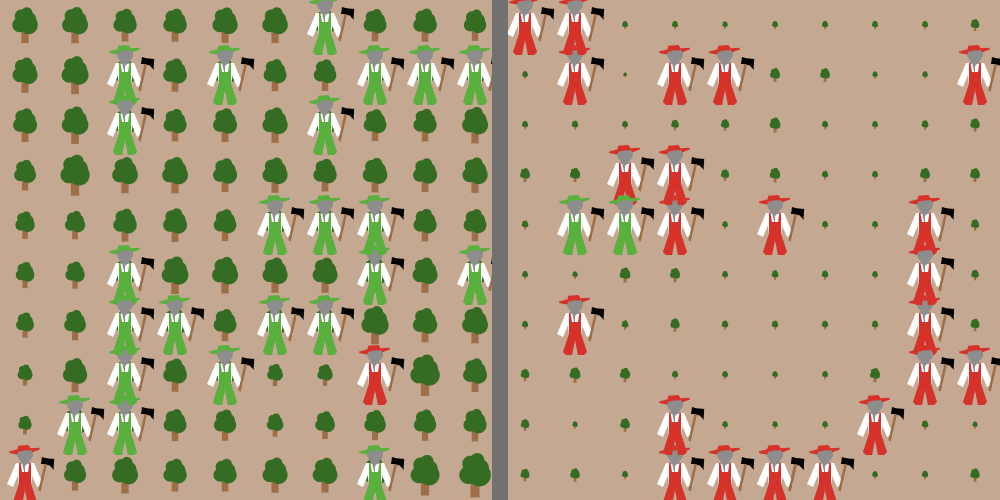
This NetLogo computer model extends the model Two Foresters and introduces a bigger and more complex population structure

An interactive introduction into concepts of ecology, behavioral ecology, and sustainability with a computer simulation of a simple social-ecological system.
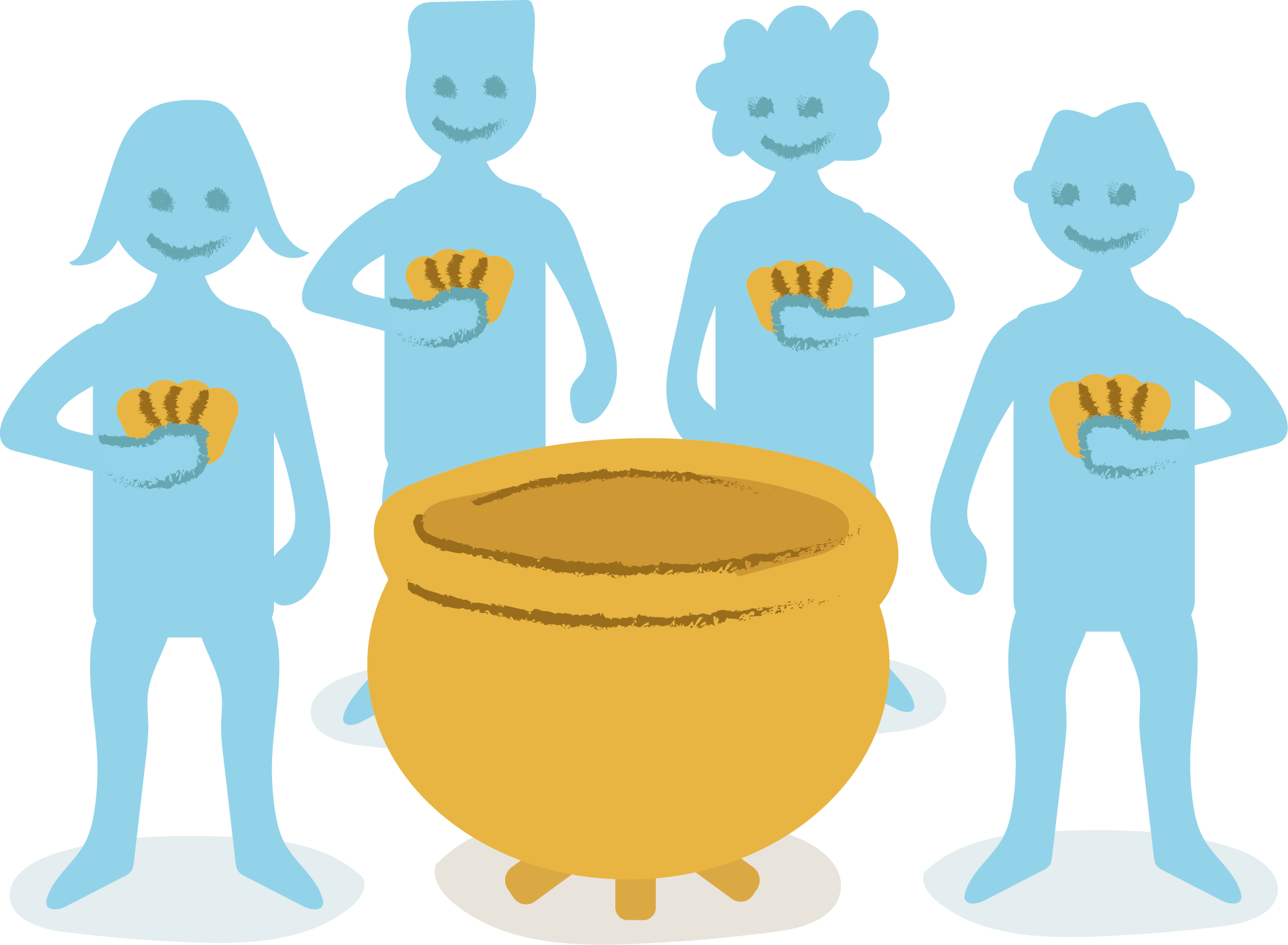
With these teaching materials, students can be introduced to game theory in general, as well as a concrete method, the public goods game. The conditions and rules of the public goods game reflect the challenge of a group to maintain common resources.
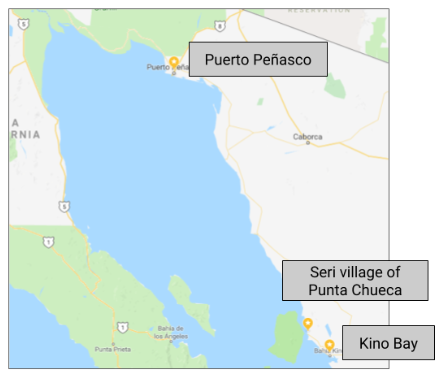
Students compare the stories of three Mexican fishing villages to understand the factors that enabled some villages to sustainably manage their fishing resources, while others failed.
OpenEvo is an educational innovation project from the Department of Comparative Cultural Psychology at the Max Planck Institute for Evolutionary Anthropology.
Evolve the future of education with us!